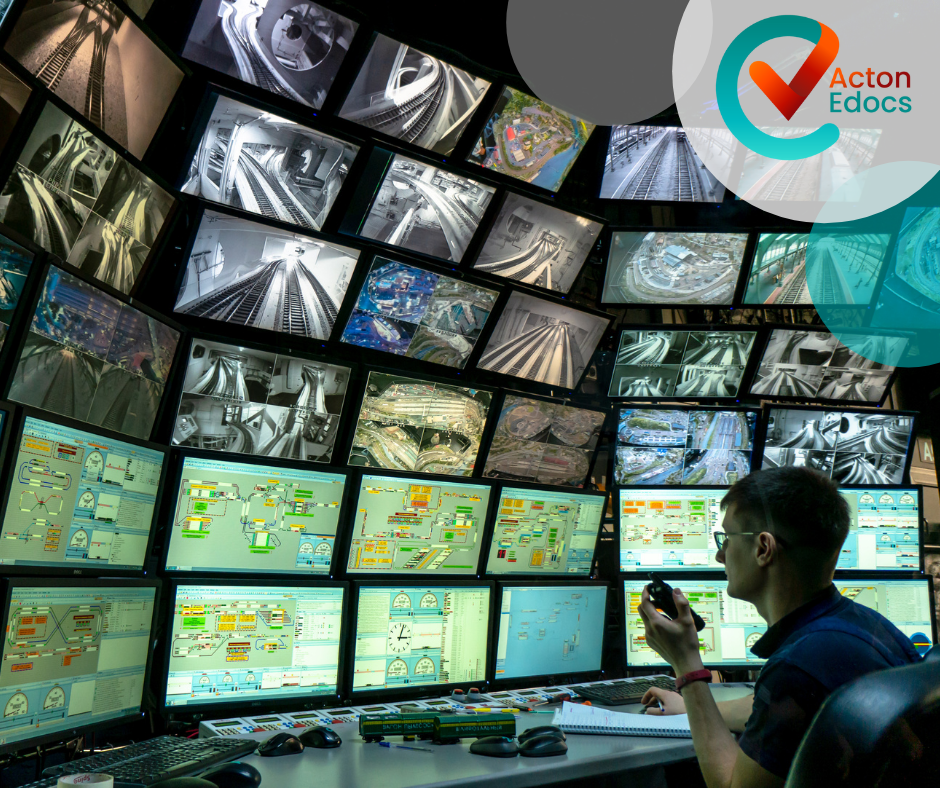
Whether you are sitting comfortably at home, in the office, or on the go, chances are you’re reading this on a screen. Smartphones, laptops, tablets, desktop computers, televisions, even watches provide us with a steady stream of information for our day-to-day lives.
In fact, the average UK citizen spends around 13 hours a day in front of a screen; it sounds like a lot, but factoring in work activities involving computers, scrolling through social media, and watching television, the hours begin to mount up.
So, what’s the problem?
It’s no surprise that we are becoming more and more enamoured with the supercomputers in our pockets, but too much screen time can lead to stress, sleep, and eye-related problems, such as;
- Persistent headaches
- Blurred vision
- Neck, back and shoulder pain
- Fatigue
- Eye strain
- Double vision
- Dizziness
While there are other factors to consider (such as environmental light levels, posture, chair and desk height etc.), these tend to go hand-in-hand with screen use as a combined activity, like sitting at a desk with a computer in a bright office, or perching on a sofa and watching television in a dark room. More information on this can be found in your workplace’s Display Screen Equipment risk assessments and guidelines.
Screening Screens, Monitoring Monitors
While it certainly wouldn’t be possible to avoid screens forever, there are steps that you can take to help mitigate the potential issues that may crop up from prolonged screen time on a day-to-day basis:
- Many devices and monitors have a “Dark Mode” option to reduce the number of active pixels on the screen. Simply put, the fewer pixels that are lit up brightly on the screen, the easier it is on the eyes.
- Forcing time away from the screen can be difficult, but picking up a new hobby can help. Maybe try cooking, sports, painting or gardening as a way to keep your mind off your newsfeed for a couple of hours.
- For you music lovers out there, how about switching out video streaming services for audio-only music streaming? Or go one further, and invest in a screenless digital assistant to save scrolling through the web to find the song you want?
- A short walk outside can make a world of difference for your eyes, posture, and overall health; try to break up long periods of screen time with some fresh air, and maybe a short stretch to keep cramps and aches at bay.
A higher resolution would be better for my eyes, right?
Not necessarily. While it is certain that everyone’s eyes and eyesight are different and therefore process images in slightly different ways, higher resolution screens contain a much larger number of pixels in order to accommodate the complexity of the images and text that they display.
In layman’s terms, the higher the resolution (picture quality), the smaller and more defined the picture becomes, and the harder the eye has to work to process it. It’s important when using higher resolution screens to adjust the size of the picture accordingly, to make sure that it is still comfortable and clear to view from over 30cm away.
If you start to develop any health issues that you think might be related to screen use, consult your doctor, and/or book an eye test if necessary. Your employer may even have policies in place for eye tests; speak to your supervisor to see if they can help.
While you’re here, don’t forget to check out some of our other articles for tips and advice (make sure to take a break from the screen first though!): Blog | Acton E-Docs
